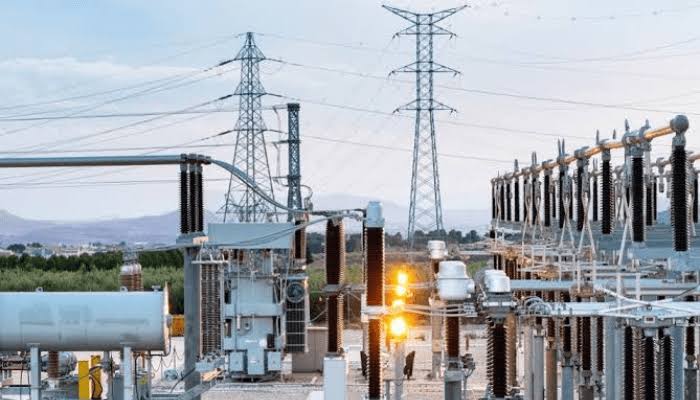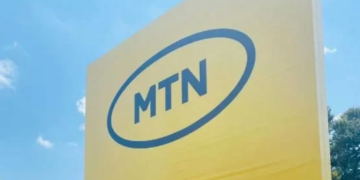The Organised Private Sector (OPS) has warned that the ongoing Lagos power outage will significantly increase costs for alternative energy, potentially hitting N2 trillion by the end of this year. This will disrupt businesses and households and drive up the prices of manufactured goods.
Recall that Lagos and parts of Ogun State are facing a 25-day power outage from July 28 to August 21, 2025, between 8 a.m. and 5 p.m. daily, due to critical maintenance on the Omotosho–Ikeja West 330kV transmission line by the Transmission Company of Nigeria (TCN). This outage affects two major electricity distribution companies, Ikeja Electric and Eko DisCo, which serve Nigeria’s commercial hub and generate the highest revenue in the power sector.
The outage has caused an increase in reliance on costly alternative energy sources such as diesel, petrol, and gas, especially among manufacturers, MSMEs, and household consumers in Lagos, which is known for its high-power consumption and commercial activity.
The Manufacturers Association of Nigeria (MAN) warned that local manufacturers’ spending on alternative energy, which was already N1.11 trillion in 2024, could spike up to between N1.5 trillion and N2 trillion by the end of 2025 due to the blackout and ongoing power supply issues.
“In 2024, local manufacturers’ total expenditure on alternative energy sources was N1.11 trillion. So, we should expect that this intermittent blackout will see us spending more on alternative energy sources that could reach N1.5 trillion or N2 trillion in 2025. “So, Nigerians should be ready to pay more for manufacturing products, because it is the only way to remain in production,” the director general of MAN, Segun Ajayi-Kadir told the New Telegraph.
Similarly, the Lagos Chamber of Commerce and Industry (LCCI) stated that the intermittent blackout was expected to affect the MSMEs segment, which represents over 96 per cent of Nigerian businesses already grappling with deep-rooted structural and macroeconomic challenges.
The directors general of MAN, Mr Segun Ajayi-Kadir, and his LCCI counterpart, Dr Chinyere Almona, affirmed that local manufacturers and MSME businesses would pay more for alternative energy sources throughout the period.
Ajayi-Kadir noted that last year alone, diesel and PMS prices pushed up manufacturers’ total expenditure on alternative energy sources to N1.11 trillion, a 42.3 per cent increase from N781.68 billion achieved in 2023. He warned that with the current blackout, local manufacturers’ spending on these alternative energy sources could spike, hitting between N1.5 trillion and N2 trillion by year-end.
Ajayi-Kadir said: “The blackout we are experiencing in Lagos State following the maintenance and repairs being undertaken by the TCN is going to worsen power supply to the industrial sector, because Ikeja is the powerhouse of most industries manufacturing in Nigeria today. So our members are going to pay heavily for alternative energy sources, including petrol and diesel, to gas for production.
“This will adversely spike up energy costs spent in our manufacturing sector because we are already spending lots to produce goods in Nigeria, as we are being confronted with deep-rooted structural and macroeconomic challenges, especially the regular electricity supply in the country.
We’ve got the edge. Get real-time reports, breaking scoops, and exclusive angles delivered straight to your phone. Don’t settle for stale news. Join LEADERSHIP NEWS on WhatsApp for 24/7 updates →
Join Our WhatsApp Channel










